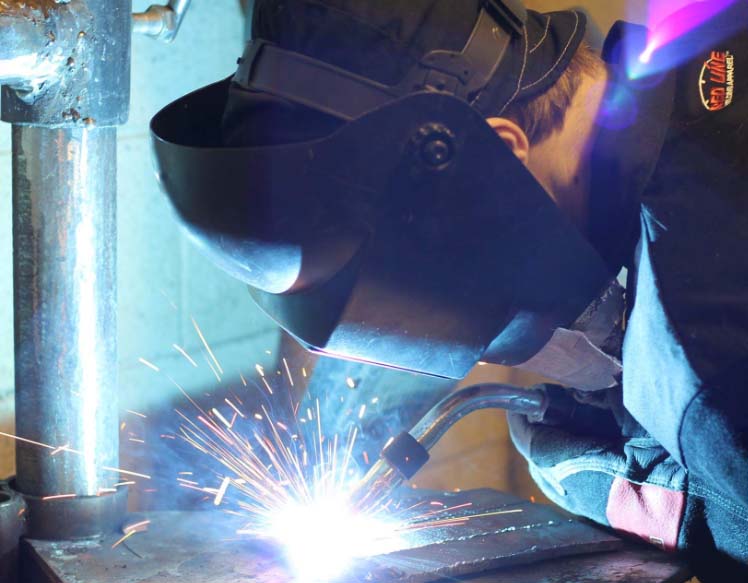According to United States Department of Labor “Employment of healthcare occupations is projected to grow 18 percent from 2016 to 2026, much faster than the average for all occupations, adding about 2.4 million new jobs. Healthcare occupations are projected to add more jobs than any of the other occupational groups. This projected growth is mainly due to an aging population, leading to greater demand for healthcare services.
The median annual wage for healthcare practitioners and technical occupations (such as registered nurses, physicians and surgeons, and dental hygienists) was $64,770 in May 2017, which was higher than the median annual wage for all occupations in the economy of $37,690.
Healthcare support occupations (such as home health aides, occupational therapy assistants, and medical transcriptionists) had a median annual wage of $28,710 in May 2017, lower than the median annual wage for all occupations in the economy.”
For more information about each individual occupation in health care, please visit the Bureau of Labor Statistics.
Clinical Laboratory Assistant (CLA)
Nursing Assistant Certified (CNA)
The Clinical Laboratory Assistant (CLA) program, which consists of both classroom and clinical education, prepares students for entry-level positions in clinical laboratory settings including medical centers, outpatient laboratory facilities and research laboratories. Trained in all aspects of the Medical Laboratory, including phlebotomy, specimen processing, quality control and laboratory orientation and regulation, Clinical Laboratory Assistants serve a diverse role assisting other laboratory personnel, physicians, and often patients. Once in a CLA position, duties may also include computer skills, laboratory billing practices, and the performance of assistant level testing according to standard operating procedures. This is a NAACLS (National Accrediting Agency for Clinical Lab Sciences) approved program.
The Polytech has a one of a kind program that allows high school students to take their Pre-Nursing/Pre-Med/Pre-Dental prerequisite courses starting their junior year. Our advisor will help you choose courses that meet both high school graduation requirements and align with Pre-Nursing, Pre-Med, and Pre-Dental programs.
By enrolling this program you are able to put the prerequisites out of the way and help you transfer to a bachelor program in nursing by completing these objectives:
- Build solid foundation in math and the sciences
- Study nutrition, microbiology, human anatomy and psychology
- Develop skills in communication and public speaking
- Learn in small classes led by outstanding faculty
Most nursing programs also require that applicant have Nursing Assistant Certification. The Polytech students may enroll in our C.N.A. Program simultaneously and earn this credential while completing other prerequisites.
The phlebotomy technician program is a short-term program that can help students determine whether or not they will like a career in the health care industry and if serving patients is a future goal.
This program prepares you to be certified to work as a phlebotomist in the clinical or laboratory setting, and also is a great foundation for future coursework in a medical field.
The Polytech’s Nursing Assistant program could help you to decide is a health care career is right for you with the least investment of time and money. The C.N.A program consists of 176 hours of education, and is a foundation for many future medical credentials. You will learn skills to provide basic assistance to patients in hospitals and nursing homes.
This program is approved and certified by both the WA Department of Social and Health Services and Department of Health. Upon completion of this program, you are eligible to take the NNAAP Exam and become certified in Washington State. Many nursing programs require this certificate before making an application to their nursing program.





